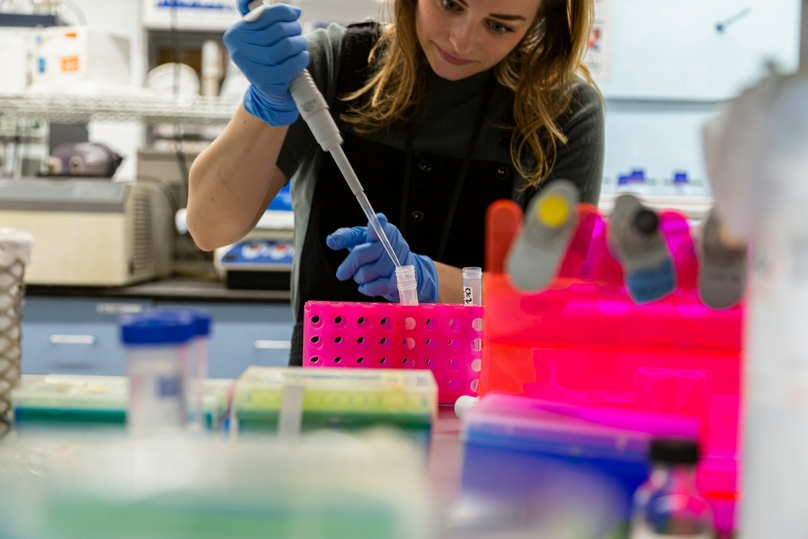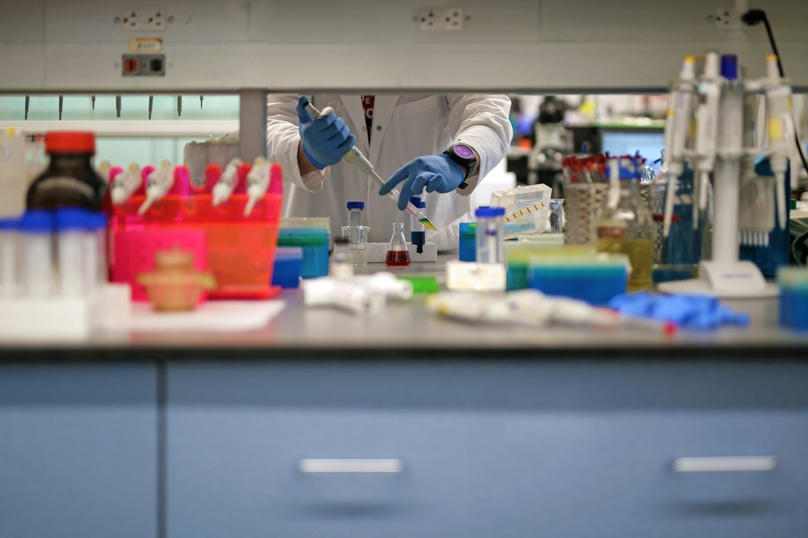DNA analysis in forensics, has dramatically transformed over the past few decades. This evolution has necessitated the adoption of sophisticated tools to manage the increasingly complex data generated. This has facilitated the intense progression of forensic DNA LIMS which has become pivotal in ensuring accuracy, efficiency, and security in data handling.
The Critical Role of LIMS in Forensic DNA Analysis
LIMS in forensic DNA analysis serves as the technological backbone of contemporary forensic laboratories. These systems streamline the entire workflow, from sample collection and storage to analysis and reporting. By automating these processes, LIMS significantly reduces human error and increases the throughput of DNA analyses.
Enhancing Efficiency and Accuracy
Efficiency and accuracy are the cornerstones of forensic DNA analysis. LIMS enhances laboratory operations by automating routine tasks, facilitating seamless data flow, and minimizing manual data entry errors. This results in faster turnaround times for DNA analysis and increased confidence in the results.
Data Integrity and Security
In the realm of forensic science, the integrity and security of DNA data are paramount. LIMS ensures that all data is accurately recorded, tracked, and protected against unauthorized access. Features such as audit trails and access controls are integral to maintaining the confidentiality and reliability of sensitive forensic information.
Compliance with Regulatory Standards
Forensic laboratories operate under stringent regulatory standards to ensure the validity of their findings. LIMS helps laboratories maintain compliance with these standards by providing frameworks for quality control, proficiency testing, and documentation. This compliance is crucial for the admissibility of DNA evidence in legal proceedings.
Integration with Other Forensic Tools
Modern forensic investigations often require the integration of DNA analysis with other types of evidence. LIMS facilitates the integration of various forensic tools and databases, enabling a more comprehensive approach to case solving. This interconnectedness enhances the laboratory's ability to provide conclusive results.
The Impact of Cloud-Based Solutions
The advent of cloud-based LIMS solutions has further revolutionized forensic DNA analysis. These platforms offer unprecedented flexibility and scalability, allowing for remote access to data and collaboration across different locations. Cloud-based LIMS are instrumental in adapting to the dynamic needs of forensic laboratories.
Case Studies: Success Stories of LIMS Implementation
Several forensic laboratories have experienced transformative benefits following the implementation of LIMS. These case studies highlight significant improvements in sample throughput, reduction in processing errors, and enhanced collaboration within and between laboratories. The success stories underscore the value of LIMS in supporting the critical work of forensic professionals.
Future Directions in LIMS for Forensic DNA Analysis
The future of LIMS in forensic DNA analysis is geared towards leveraging artificial intelligence and machine learning to further enhance laboratory operations. These technologies promise to introduce new levels of automation, predictive analytics, and decision support, opening new frontiers in forensic science.
Selecting the Right LIMS for Your Laboratory
Choosing the right LIMS is a decision of paramount importance for any forensic laboratory. The stakes are high in forensic DNA analysis, where the accuracy and reliability of results can directly impact legal outcomes and, consequently, lives. Therefore, the selection of a LIMS must be a carefully considered process, prioritizing a system that is not only sophisticated but also perfectly aligned with the unique demands and workflows of forensic DNA analysis.
An ideal LIMS should offer robust support in several key areas. First and foremost is data management—this encompasses the secure and efficient handling of vast amounts of sensitive DNA data, from entry through analysis to storage and retrieval. The system must ensure data integrity and traceability to meet the stringent standards set by forensic regulatory bodies. Additionally, process automation is critical. By streamlining repetitive and time-consuming tasks, automation capabilities greatly enhance laboratory efficiency and reduce the potential for human error, ensuring that staff can focus on more complex analytical work.
Genemod: Innovating LIMS for Forensic DNA Analysis
As Genemod, we are at the forefront of developing LIMS solutions specifically designed for the unique challenges of forensic DNA analysis. Our LIMS platform is built to enhance the efficiency, accuracy, and integrity of forensic workflows, ensuring that laboratories can keep pace with the rapid advancements in forensic science. With Genemod's LIMS, forensic laboratories have the tools they need to solve cases more effectively and contribute to the pursuit of justice with unparalleled precision and reliability.
The application of LIMS in forensic DNA analysis is transforming the field, enabling laboratories to meet the demands of modern forensic investigations. By improving efficiency, accuracy, data integrity, and regulatory compliance, LIMS has become an indispensable part of forensic science. As technology continues to evolve, the role of LIMS will only grow, with innovations like Genemod's LIMS leading the way in supporting the next generation of forensic DNA analysis.















